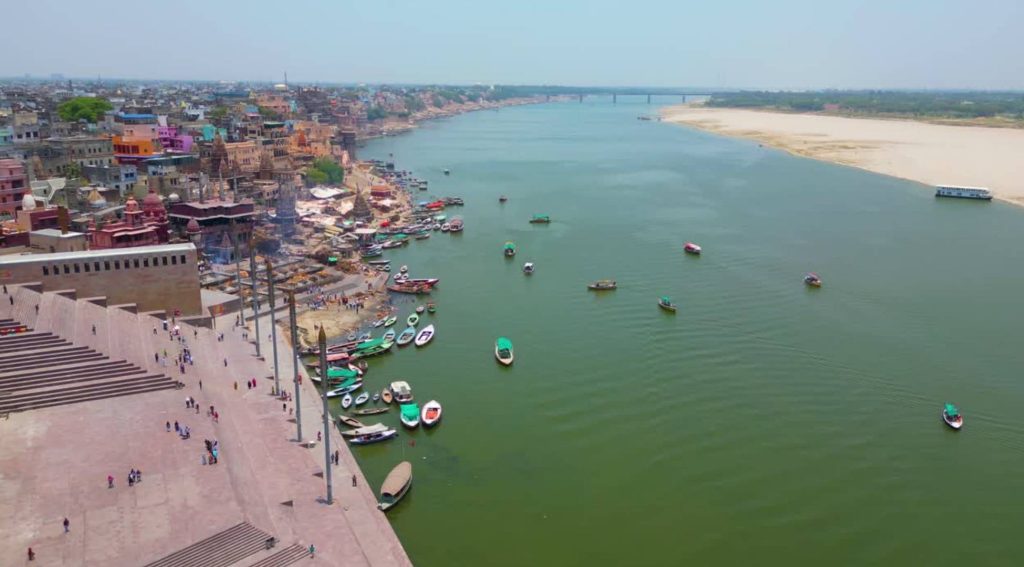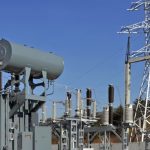The 63rd Executive Committee meeting of the National Mission for Clean Ganga (NMCG) has authorized a number of important projects with an emphasis on sustainability and innovation, marking a major step towards the comprehensive revitalization of the Ganga River and its tributaries.
These projects seek to restore the Ganga basin environment for coming generations, promote sustainable urban water management, and increase water quality.
With a budget of Rs 126.41 crore, one of the approved projects is a crucial sewage management project for the historic city of Agra. Forty interception and diversion structures and 21.20 kilometers of sewer lines will be built as part of this Design-Build-Operate-Transfer project. In order to prevent water source pollution, eight contemporary pumping stations will also be erected, and five large drains will have efficient trash filters installed.
The committee approved two major projects to enhance river environmental flow understanding: “Environmental Flow Assessment of Kosi, Gandak, and Mahananda Rivers” and “Environmental Flow Assessment in Ghaghara and Gomti River Basins,” with a budget of Rs 6 crore and Rs 8 crore, respectively.
The assessments will be conducted over the next three years to aid in creating adaptive and sustainable flow regimes for these vital tributaries.
The committee has approved a study to track and develop standards for Johkasou technology-based home wastewater treatment to enhance sustainability and quality in India’s on-site sewage treatment.
It also allocated ₹2.47 crore to the Asan Wetland conservation project in Uttarakhand for two years to restore ecological health and biodiversity by creating an inventory, monitoring systems, and conservation planning.













